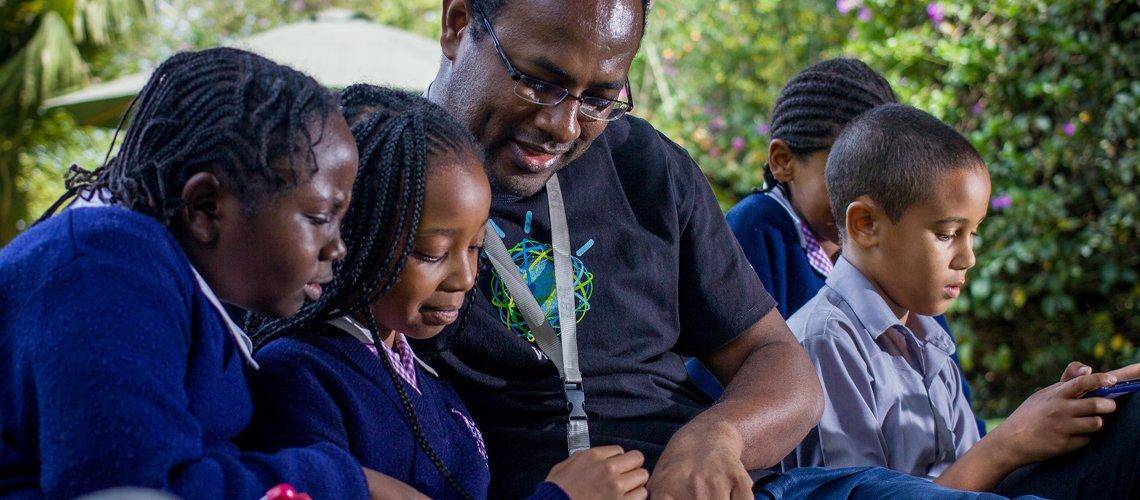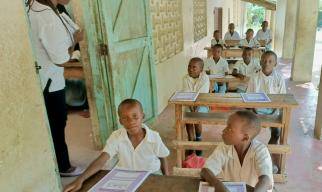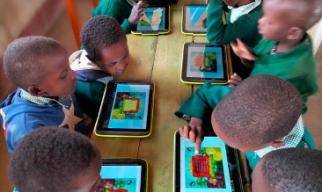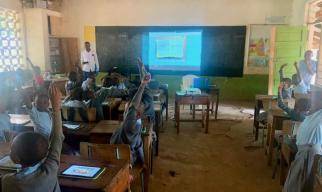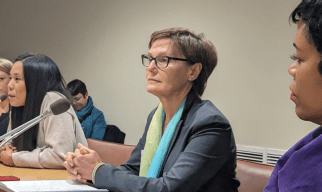High rates of illiteracy cost the global economy an estimated $1 trillion annually. As a response, this project will use literacy software designed for use in the Global South to improve children’s learning outcomes in low-income countries.
The general objective of this project is to increase student learning via enhancements to teaching practices through the use of education technologies for professional development. Two successful education software innovations will be adapted and scaled: ABRACADABRA and READS. The software will be implemented through professional development and follow-up support for teachers in face-to-face, blended, and fully online formats. Teacher professional development will include a series of interactive multimedia activities designed to develop skills and strategies for integrating the software into classroom routines and fostering teacher engagement and motivation.
The project will involve a series of field studies in urban, rural, and remote communities in Kenya, Rwanda, and Bangladesh to measure implementation, practices, student learning, cost-effectiveness, and conditions for scaling up. Ongoing evaluation of the project and its scaling strategies will result in incremental enhancements to the tools and techniques that will increase the likelihood of widespread success.

